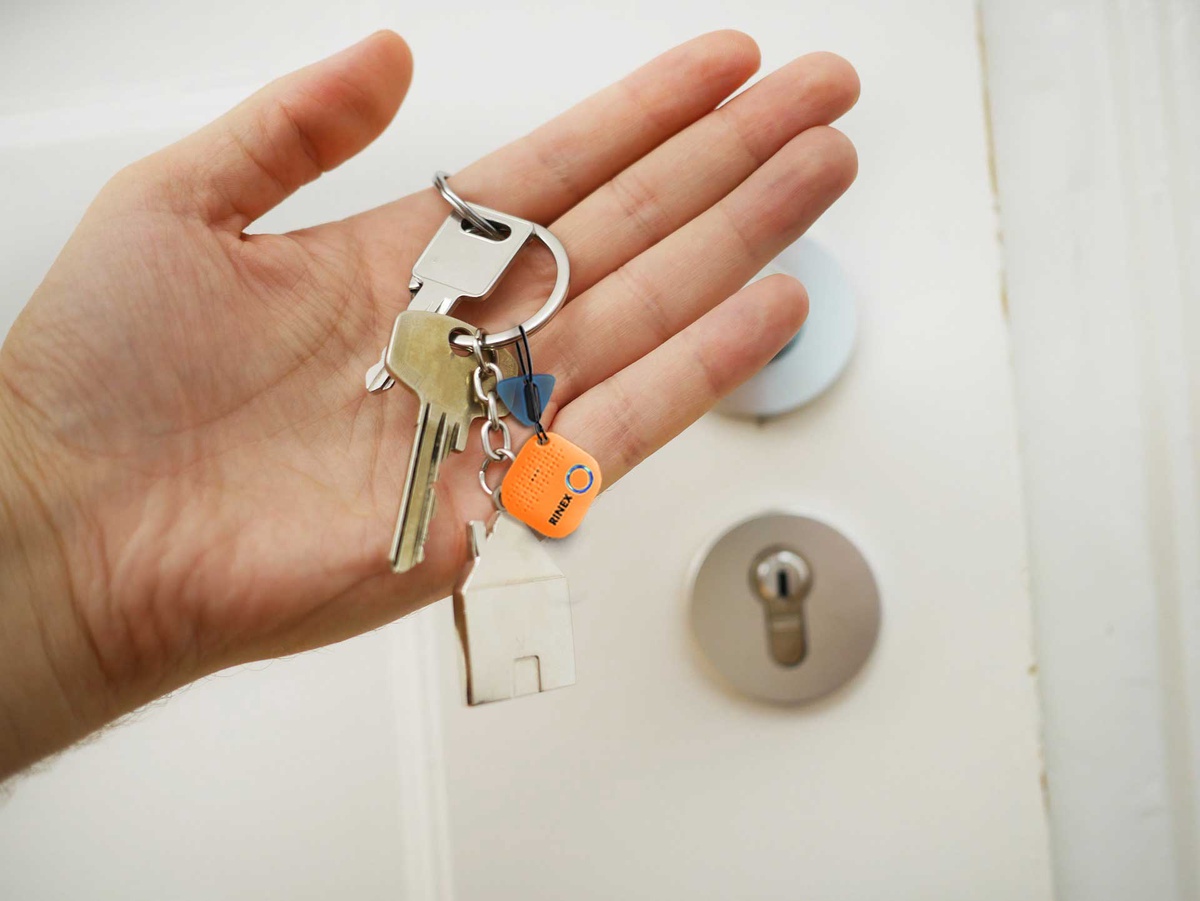In the fast-paced, multifaceted world of today, it is surprisingly easy to misplace our keys, leading to untimely inconvenience and stress. Thankfully, with the help of modern technology, this common problem is quickly becoming a thing of the past. A new generation of smart devices, designed to help us keep track of our belongings, has emerged. This article will delve into the exciting world of these tech innovations, specifically focusing on those made to ensure you never lose your keys again.
One of the most notable developments in this space is the advent of key-finding devices. These small, lightweight devices are designed to attach to your keychain and communicate with your smartphone via Bluetooth. They emit a signal that your phone can detect, and most come with a mobile app that you can use to 'ring' your keys if you've misplaced them. For instance, products like Tile and Chipolo have become highly popular for their reliability, sleek designs, and additional features like a community-based location feature.
Another key-finding device worth mentioning is Apple's AirTag. AirTag is a coin-sized device that uses Bluetooth technology and the vast Find My network to help iPhone users locate lost items. One can attach it to their keys and use the Find My app on their iPhone to play a sound on the AirTag, guiding them to their lost keys. If they're not within Bluetooth range, the Find My network - hundreds of millions of iPhone devices worldwide - can help track it down. All of this is done anonymously and encrypted to protect your privacy.
While these key-finding devices are impressive, advancements in technology are taking the lost keys problem a step further. Smart locks are becoming increasingly popular, negating the need for physical keys entirely. Brands like August and Yale offer smart locks that allow you to lock and unlock your doors with your smartphone, eliminating the fear of losing keys. Some models even allow for remote access, granting people entry to your home while you're away, thus adding a layer of convenience on top of security.
Voice-controlled assistants like Amazon's Alexa, Google's Assistant, and Apple's Siri are also getting into the game. They can integrate with both smart locks and key-finding devices, allowing you to use voice commands to find your keys or unlock your doors. Imagine telling your voice assistant to find your keys, and it immediately starts ringing your key finder, reducing your search time significantly.
Furthermore, GPS technology has also been incorporated into key-finding solutions. Some keyfinders now include GPS tracking, giving you the precise location of your keys on a map. This feature is especially useful if you've left your keys at a different location entirely, far from the Bluetooth range.
In summary, technology's advancements are quickly making the frustrating and time-consuming problem of lost keys a thing of the past. Whether it's Bluetooth-enabled key-finders that connect to your smartphone, smart locks that eliminate the need for keys, or the integration of voice-controlled assistants and GPS technology, the solutions are increasingly effective and sophisticated. The world of tomorrow may well see us reminiscing about the days when losing keys was a problem we used to face.
Moreover, these technologies aren't just providing solutions to the problem of lost keys; they're improving our overall quality of life. The integration of smart technology in daily life is not merely about convenience but also about enhanced security. With features like remote locking and unlocking, activity logs, and temporary virtual keys, smart locks provide homeowners peace of mind like never before.
For example, if you're on vacation and realize that you forgot to give your pet sitter a key, you can easily grant them access to your house through your smart lock's mobile application. This level of control can go a long way in ensuring home security and eliminating the risk of lost or duplicated keys.
The potential applications of these technologies aren't limited to residential use, either. Businesses, particularly those with high staff turnover, can greatly benefit from keyless access systems. Companies can easily manage and monitor who has access to which parts of the building when they can access them, and keep a record of entries and exits.
Even in the auto industry, traditional keys are being phased out for smarter alternatives. Many cars now come with key fobs, allowing for keyless entry and ignition. However, manufacturers are taking it a step further, exploring the possibilities of digital keys stored on your smartphone. BMW, for instance, introduced the BMW Digital Key that lets owners unlock and start their vehicles using an iPhone.
Moreover, these tracking technologies have the potential to be used for more than just locating lost keys. They can also be attached to pets, luggage, and any other valuables, making it easier to keep track of all your important belongings.
The evolution in the key-finding and access technologies arena is a testament to how innovative solutions can transform our lives. By merging technology with everyday items, we are improving security, enhancing convenience, and ultimately, changing the narrative around lost keys.
The message is clear: the days of frantic searches for misplaced keys are numbered. With the growing emphasis on smart technology, and companies continuously innovating to bring us the best solutions, the tech sector is equipping us with the tools to make lost keys an issue of the past. The next time you find yourself scrambling to locate your keys, remember: there's likely a tech solution out there waiting for you.


No comments yet